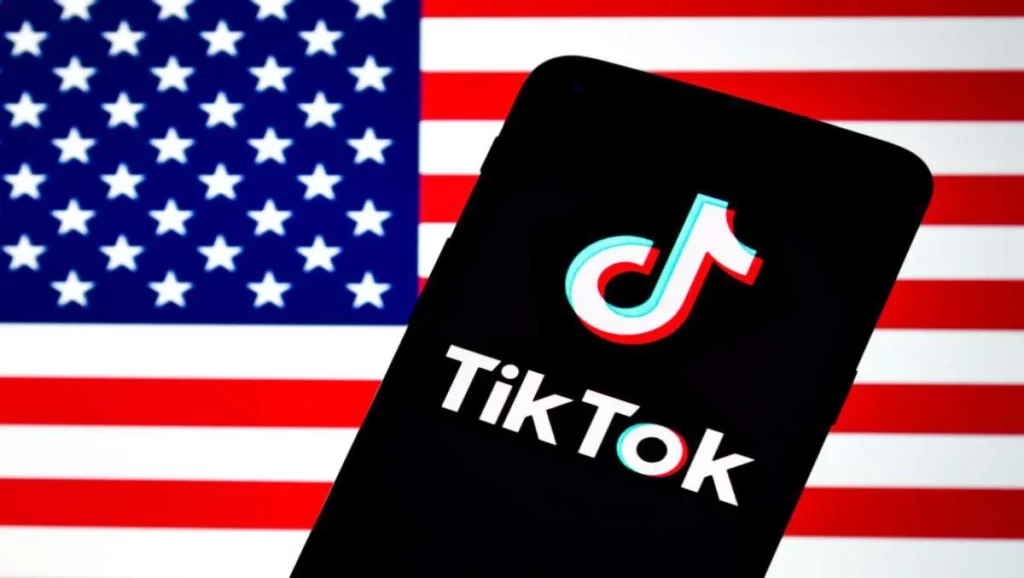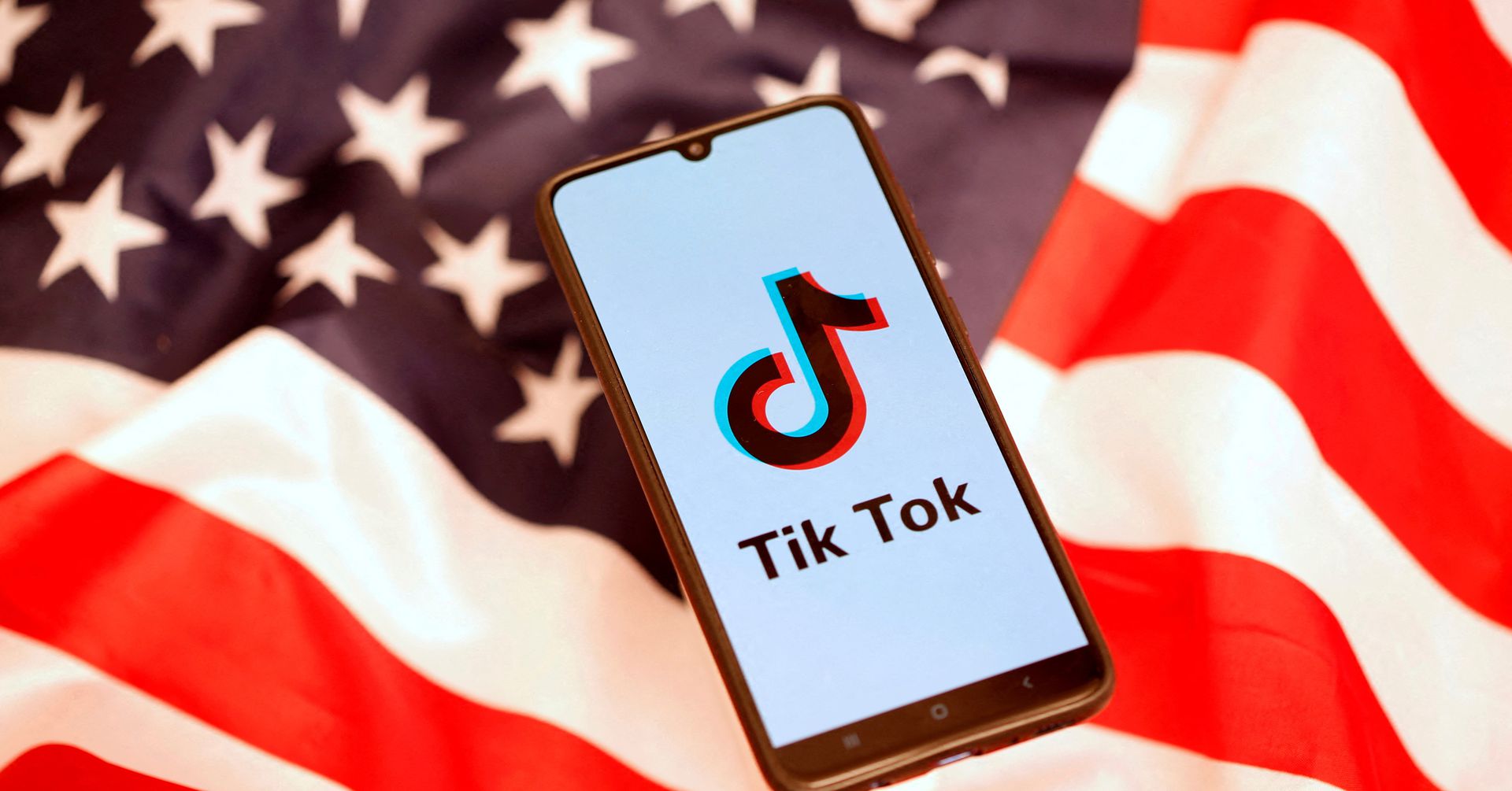Montana Takes a Stand Against TikTok
In a bold move, Governor Greg Gianforte of Montana signed a law on May 17, 2023, that effectively bans TikTok, the Chinese-owned short-video platform, from operating within the state. Montana has become the first U.S. state to take such a step, impacting its estimated population of 1 million residents. This decision stems from concerns over potential intelligence data collection by China through the app.
Protecting Montana Residents
Governor Gianforte emphasized that this action aims to safeguard Montana’s residents from any potential risks associated with the use of TikTok. The concern primarily centers around data privacy and national security, echoing broader concerns in the United States and globally regarding Chinese tech companies’ data practices.
App Store Restrictions
Under the new law, the Montana government has imposed restrictions on major tech companies, Google and Apple. They must now refrain from offering TikTok for download to residents of the state through their respective app stores, Play Store, and App Store. While this regulation limits access to the app, it does not entail any penalties for individuals who choose to use TikTok.

Implementation Date: January 1, 2024
The ban is set to go into effect on January 1, 2024, giving both residents and tech companies some time to adjust to the new regulations. This decision has not been without controversy, as TikTok’s management vehemently opposes it, claiming that it violates the constitutional rights of citizens and contradicts established regulations.
TikTok’s Response
TikTok, a social media platform known for its short-form videos, has risen to immense popularity globally. However, it has faced scrutiny in multiple countries, including the United States, concerning data privacy and potential connections to the Chinese government.
TikTok’s management argues that this ban infringes on users’ First Amendment rights, which protect freedom of speech and expression. They also assert that it contradicts existing federal laws governing digital platforms and their operations.
Balancing Privacy and Security
The Montana ban on TikTok reflects the broader global debate over how to balance privacy concerns and national security interests with the free and open use of technology. China’s involvement in the tech industry has raised concerns about data collection, surveillance, and the potential for information sharing with the Chinese government.
Governments and policymakers worldwide grapple with these issues and attempt to find a delicate balance between ensuring individual privacy and safeguarding national interests.
The Impact on TikTok Users in Montana
As Montana gears up to implement this ban, TikTok users in the state must contemplate their options. This development may disappoint many Montanans, especially younger residents who utilize the app for entertainment and social interaction. Some might seek alternative platforms or methods to access TikTok.
However, it’s important to note that the ban primarily targets the availability of TikTok through app stores, and there is no intention to penalize individuals who continue to use the app. This approach recognizes the complexities of restricting access to digital platforms while respecting individuals’ choices.
The Broader Implications
The Montana ban on TikTok sets a precedent in the United States, raising questions about whether other states will follow suit and how the federal government might respond. It underscores the growing concerns over data privacy and national security in an increasingly interconnected digital world.
While policymakers will initiate the ban in January 2024, it is likely that the debate regarding TikTok’s societal role and the effects of such bans on individual rights and technology usage will persistently evolve. The impact of this action on the broader discourse concerning data privacy, national security, and the regulation of digital platforms in the United States and worldwide is yet to be determined.
In conclusion, Montana’s decision to ban TikTok for its residents starting January 1, 2024, represents a significant step in addressing concerns over data privacy and national security in the digital age. It reflects the ongoing debate about the role of technology platforms in our lives and the need to strike a balance between individual freedoms and collective security.
